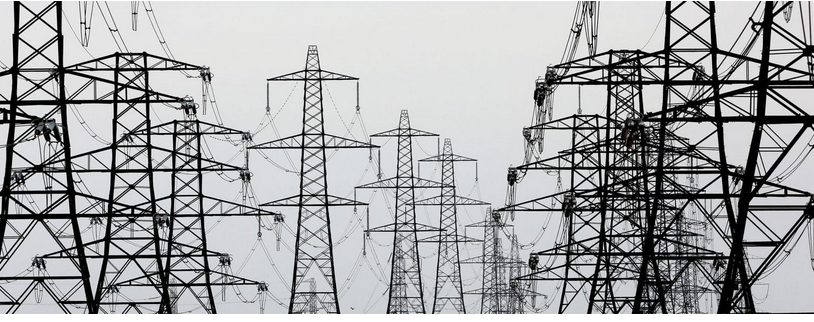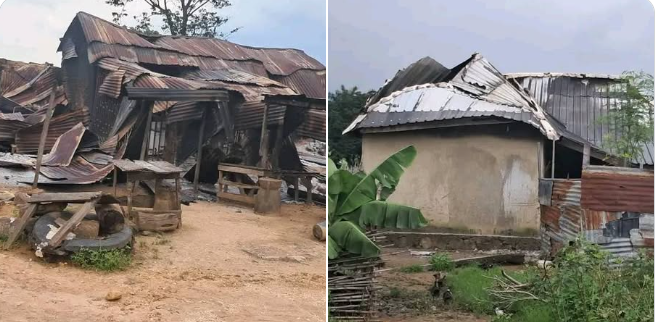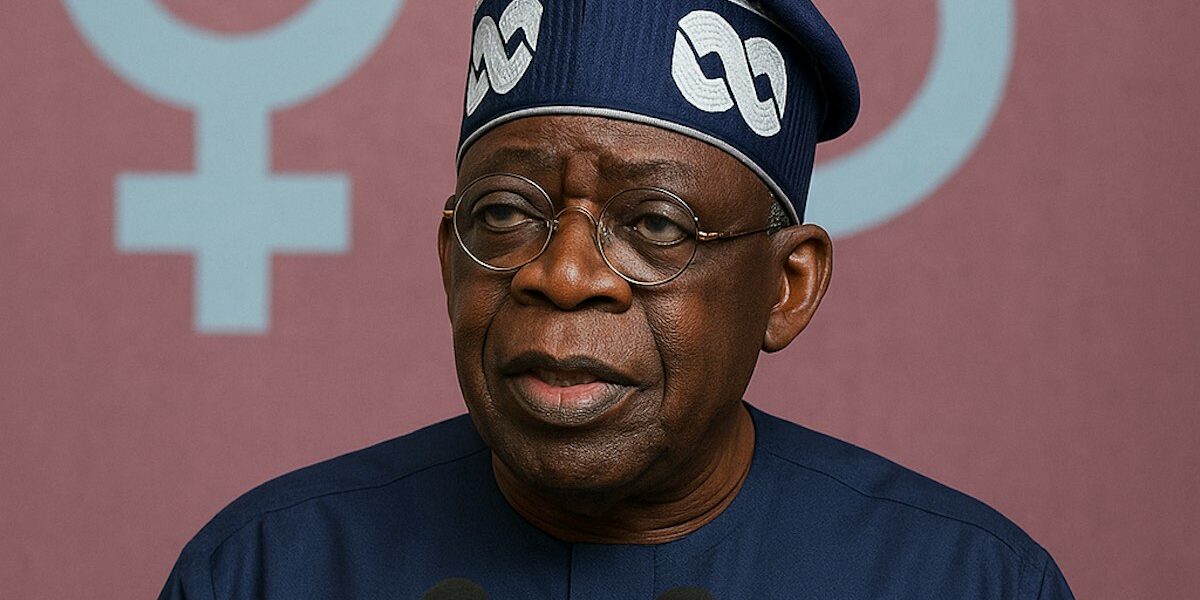The controversy surrounding last month’s electricity tariff hike is yet to fade as Nigerian workers disrupted activities in the power sector on Monday, demanding its reversal.
Kugjaymedia reports that the organized labour picketed offices of all eleven electricity distribution companies and the Nigerian Electricity Regulatory Commission, NERC.
In Abuja, the protest was led by Joe Ajaero, NLC president, to the Ministry of Power and the NERC headquarters.
Offices of Abuja Electricity Distribution Company were also shut down as workers were prevented from resuming work.
Similarly, they picked up the offices of the eleven discos in Kwara, Lagos, Kaduna, Plateau, Enugu, Sokoto, and other parts of the country.
Ajaero, during the picketing, said NERC should review its methodology for tariff increases in the electricity sector.
He noted the tariff hike is the fundamental cause of the country’s soaring headlines and food inflation, which stood at 33.20 percent and 40.01 percent in March.
In response to organized labour’s one-day protest, the Nigerian government has said that it is ready to negotiate with organized labour.
A spokesperson for the Ministry of Power, Mrs. Florence Eke, said in a telephone interview with the media after workers crippled activities at the Ministry of Power that the Federal Government, through the Permanent Secretary, Mr. Mamman Mahmuda, had convened a consultative meeting for the next week with the organized labour and stakeholders to address the matter.
“The Ministry has asserted that its responsibility is to make policy while agencies, in this case, the Nigerian Electricity Regulatory Commission, and other agencies, implement it.
“The Ministry will invite all stakeholders for a proper consultation by next week,” she said.
However, the Nigeria Labour Congress spokesperson, Benson Upah, told the Daily Post that the government was supposed to consult before implementing the April 3 electricity tariff hike.
He warned that the picketing was just a teaser of what was to come if the Nigerian government did not reverse the tariff hike.
“They were supposed to do a consultation before the tariff hike. What happened today is a teaser to what will come if the government does nothing,” he said.
Recall that in April 2024, the Nigerian Electricity Regulatory Commission announced a 240 percent electricity tariff increase for Band A customers getting 20–24 hours of power supply.
The hike led to customers in band A paying N225 kwh instead of N68 kwh.
As justification for the hike, the Nigerian government at different forums said it would save the country N1.5 trillion and that only 15 percent of the 12.8 million electricity customers would be affected.
Following the rejection of the rejection of the hike by Nigerians, a recent minor reduction of N18.2 was announced.
However, workers’ picketing of Discos and NERC showed that organized labour is unsatisfied with the government’s minor tariff reduction.
Reacting to the development, Ewetumo A.A., a retired staff member of the defunct Power Holding Company of Nigeria, PHCN, formerly the National Electric Power Authority, NEPA, said the picketing by the organized labour was long overdue.
“Regrettably, today’s picketing action by the NLC and TUC is belated and long overdue.
“The April 3, 2024, tariff increase, though only on Band A consumers, is having a ripple and multiplier effect on the economy.
“The inflationary trend in the country is alarming and worrisome.
“This present increase can only make it worse.
“NERC must adopt a more pragmatic and gradual three-step review approach to implementing its cost-reflective tariff regime without unsettling the economy.
“Ultimately, the power sector needs a massive infusion of capital to build new power plants and refurbish the ageing old network.
“The federal government is advised to explore a public-private partnership initiative to fund the power sector and incorporate the various states into blocks of regions to undertake a total transformation of the power sector," he explained.
Business

.jpg)









